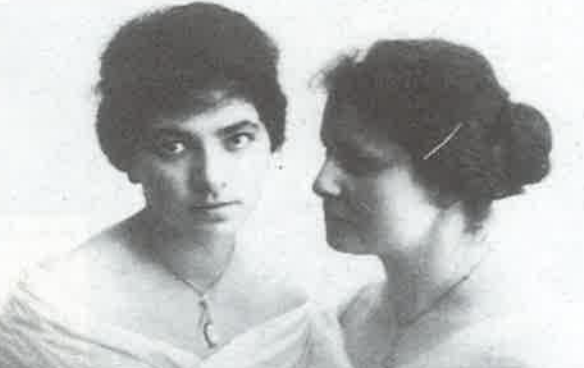Karola Regent – Reflection On Life
INT: Can I ask you when you came here, did people know about your background? Did they know about your German background and your Jewish background and what brought you to Britain in the first place? KR: Which people? INT: The people you met here in Dundee, the local people who became your friends and… Continue Reading Karola Regent – Reflection On Life

